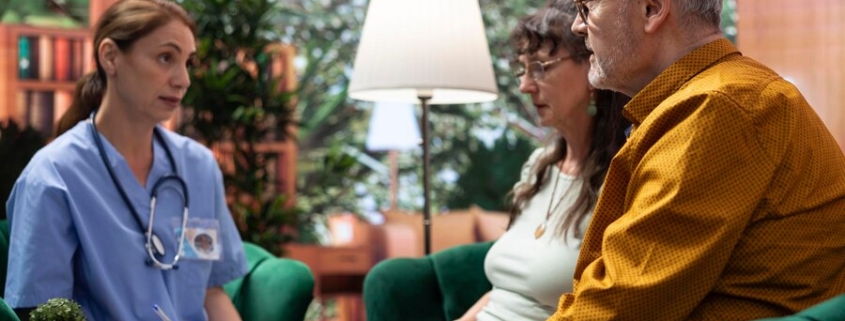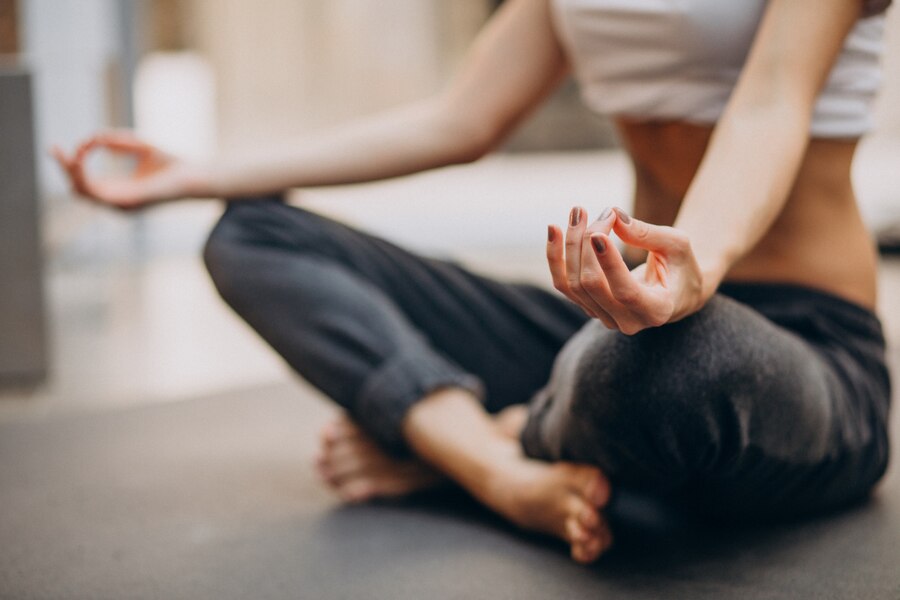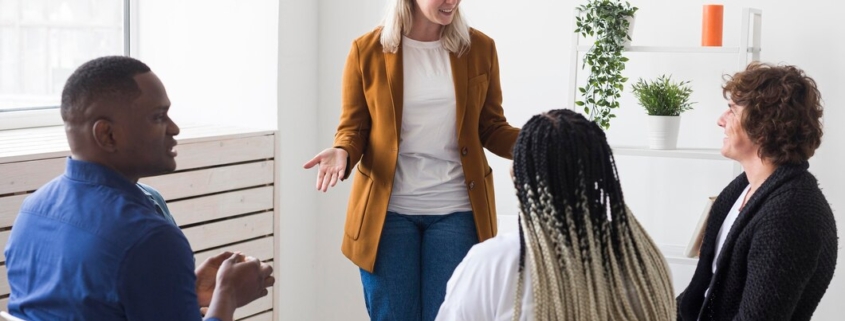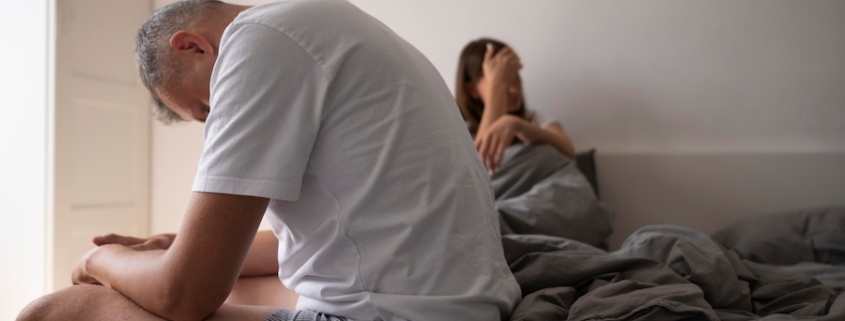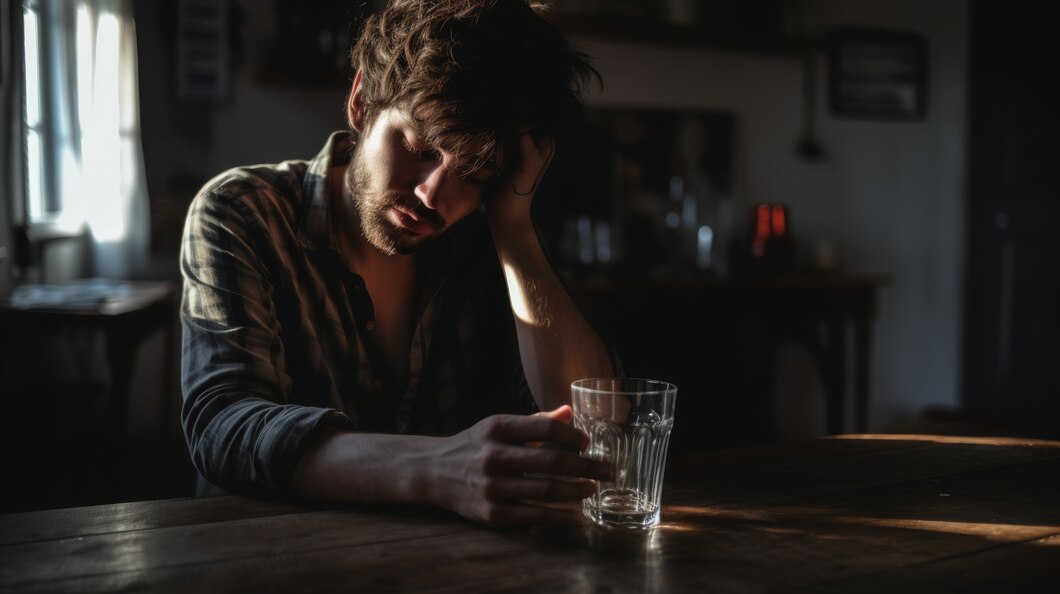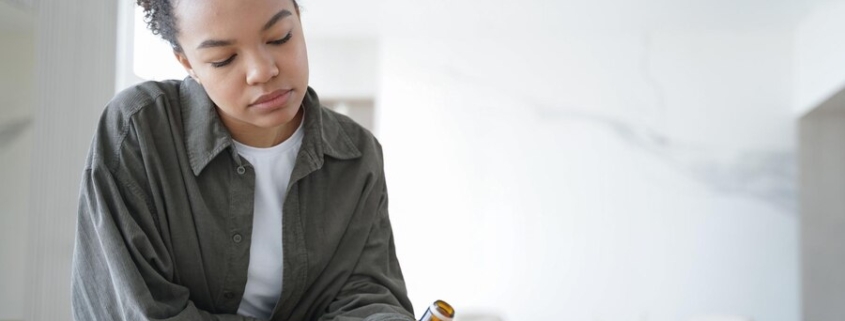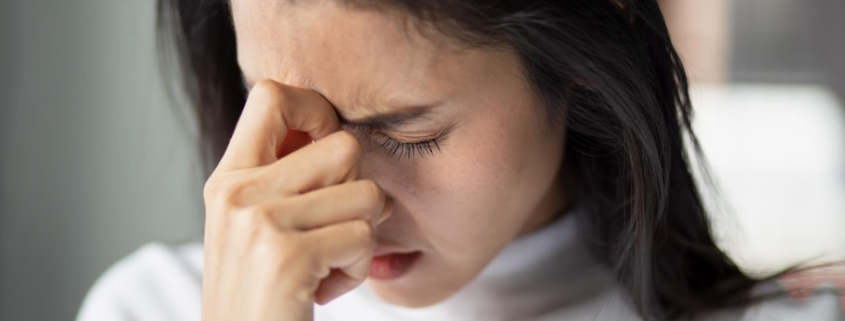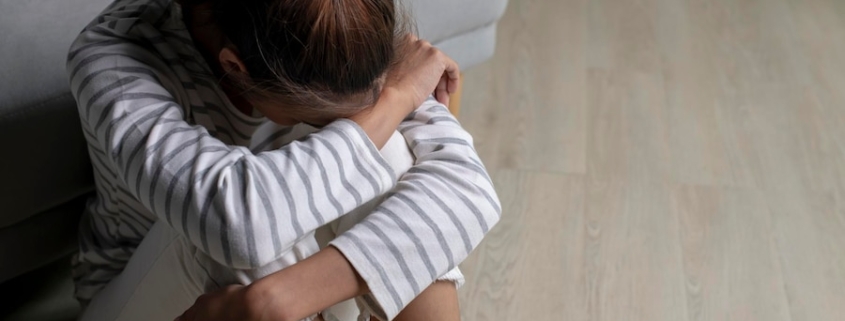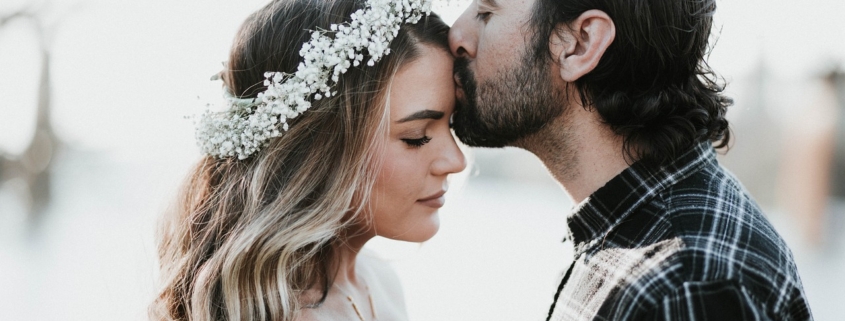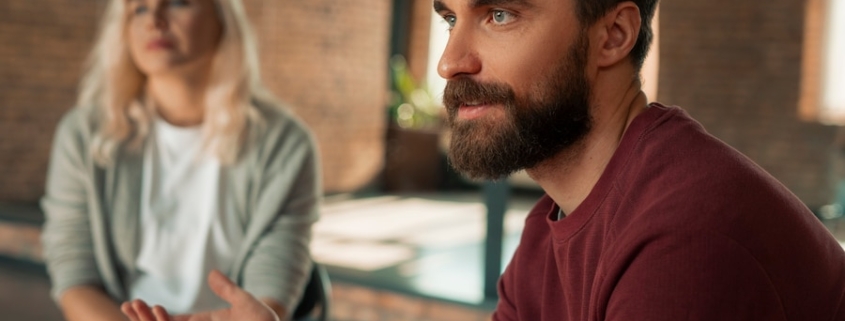Outpatient treatment programs provide a flexible and effective approach to addiction recovery, allowing individuals to receive care while continuing to live at home and maintain their daily responsibilities. These programs are designed for individuals who need support but do not require the intensive, round-the-clock care provided by inpatient facilities. At Couples Rehab in Orange County, a variety of outpatient treatment options are available to cater to different needs, including intensive programs, specialized care for various age groups, and holistic therapies. This guide explores the different types of outpatient treatment programs in Orange County, their benefits, and how to find the right program for you or your loved one.
What Are Outpatient Treatment Programs?
Outpatient treatment programs are structured therapy and counseling services that allow individuals to attend sessions and receive support while continuing to live at home. These programs offer flexibility and can be tailored to fit the individual’s schedule, making them ideal for those who need treatment but are unable to commit to a full-time inpatient stay. Outpatient programs typically involve regular meetings with therapists, participation in group therapy, and engagement in various therapeutic activities.
Outpatient treatment programs vary in intensity and duration, depending on the individual’s needs and the severity of their condition. They provide a range of services, including individual counseling, group therapy, educational workshops, and support for managing co-occurring mental health conditions. The goal of outpatient treatment is to help individuals achieve and maintain sobriety while addressing the underlying issues contributing to their addiction.
Benefits of Outpatient Treatment
Outpatient treatment programs offer numerous benefits, making them a viable option for many individuals seeking recovery from addiction. One of the primary advantages is the ability to continue living at home, which allows individuals to maintain their daily routines, work, and family responsibilities. This continuity can be crucial for those who need to balance treatment with other aspects of their life.
Another significant benefit is the flexibility of outpatient programs, which can be tailored to fit the individual’s schedule and specific needs. This flexibility allows individuals to attend therapy sessions and support groups while still managing other commitments. Additionally, outpatient treatment provides the opportunity to apply the skills and strategies learned in therapy to real-life situations, which can enhance the overall effectiveness of the treatment.
Types of Outpatient Programs Available in Orange County
Orange County offers a diverse range of outpatient treatment programs to meet the varying needs of individuals seeking recovery. These programs include Intensive Outpatient Programs (IOP), Partial Hospitalization Programs (PHP), and specialized options for specific populations. Each program type provides different levels of care and support, allowing individuals to choose the program that best aligns with their needs and recovery goals.
In addition to these standard programs, Orange County also features outpatient programs that focus on dual diagnosis, specialized care for teens and young adults, and the integration of holistic and alternative therapies. This variety ensures that individuals can find a program that addresses their unique needs and preferences.
Intensive Outpatient Programs (IOP)
Intensive Outpatient Programs (IOP) are designed for individuals who require a higher level of care than traditional outpatient services but do not need full-time inpatient treatment. IOPs typically involve several hours of therapy and counseling each week, often including both individual and group sessions. These programs are structured to provide intensive support while allowing individuals to maintain their daily responsibilities.
IOPs focus on helping individuals develop coping skills, manage cravings, and address underlying issues related to their addiction. They also offer educational components and support for building a strong recovery network. IOPs are ideal for those who need a more structured approach to treatment but are still able to live at home and participate in daily activities.
Partial Hospitalization Programs (PHP)
Partial Hospitalization Programs (PHP) offer a more intensive level of care than IOPs, with individuals attending therapy and treatment sessions for most of the day, several days a week. PHPs provide comprehensive care, including individual therapy, group therapy, medical supervision, and access to a range of therapeutic services. This level of care is suitable for individuals who need more support than traditional outpatient services but do not require 24-hour inpatient care.
PHPs are designed to help individuals stabilize their condition, develop coping strategies, and transition into less intensive forms of outpatient treatment. The program includes structured activities and therapeutic sessions, providing a supportive environment for individuals to focus on their recovery while still returning home each evening.
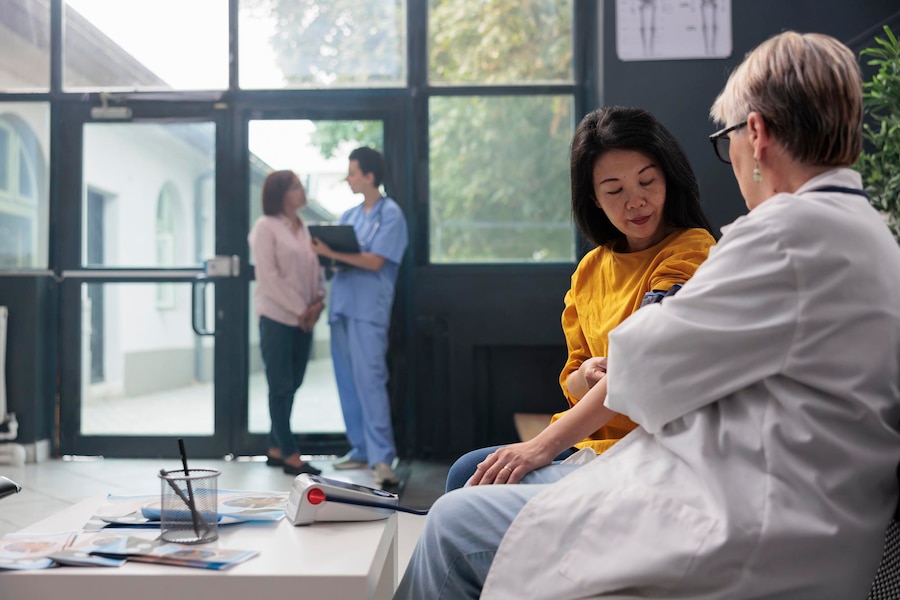
Dual Diagnosis Outpatient Treatment
Dual Diagnosis Outpatient Treatment is specifically designed for individuals who are dealing with both substance abuse and co-occurring mental health conditions, such as depression, anxiety, or bipolar disorder. This type of outpatient program integrates treatment for both conditions, addressing the complex interplay between substance abuse and mental health issues.
Dual Diagnosis programs provide a comprehensive approach to treatment, combining therapy for substance abuse with mental health counseling and medication management. This integrated approach helps individuals address the root causes of their addiction and develop effective strategies for managing both their substance use and mental health symptoms.
Specialized Outpatient Programs for Teens and Young Adults
Specialized Outpatient Programs for teens and young adults are tailored to address the unique challenges and developmental needs of younger individuals struggling with addiction. These programs often incorporate age-appropriate therapy techniques, educational components, and support for navigating the transition to adulthood.
Programs for teens and young adults focus on issues such as peer pressure, family dynamics, and academic challenges. They provide a supportive environment for young individuals to explore their addiction, develop coping skills, and build a strong foundation for recovery. Additionally, these programs may include family involvement to address family dynamics and support the individual’s recovery process.
Integration of Medication-Assisted Treatment (MAT)
Medication-Assisted Treatment (MAT) is an approach that combines behavioral therapy with medication to treat substance abuse. MAT is used to manage cravings and withdrawal symptoms, making it easier for individuals to focus on their recovery. In outpatient settings, MAT is often integrated with other therapeutic services to provide a comprehensive treatment approach.
MAT involves the use of medications such as methadone, buprenorphine, or naltrexone, which are prescribed based on the individual’s specific needs and type of substance abuse. This approach helps stabilize individuals in recovery, reduce the risk of relapse, and support their overall treatment goals.
Holistic and Alternative Therapies in Outpatient Settings
Holistic and alternative therapies are increasingly incorporated into outpatient treatment programs to provide a well-rounded approach to recovery. These therapies focus on the mind-body connection and may include practices such as yoga, meditation, acupuncture, and nutritional counseling.
Holistic therapies complement traditional treatment methods by addressing the individual’s overall well-being and promoting self-care. These therapies can help reduce stress, improve emotional regulation, and support physical health, enhancing the effectiveness of the primary treatment program.
Support Groups and Peer Recovery Networks
Support groups and peer recovery networks play a vital role in outpatient treatment by providing individuals with a sense of community and shared experience. These groups offer a space for individuals to connect with others who have faced similar challenges, share their experiences, and offer mutual support.
Support groups, such as those based on 12-Step principles or other recovery models, provide ongoing encouragement and accountability. Peer recovery networks also offer resources, mentorship, and a supportive environment for individuals to maintain their recovery and build meaningful connections.
Finding the Right Outpatient Treatment Program in Orange County
Outpatient treatment programs offer a flexible and effective approach to addiction recovery, allowing individuals to receive comprehensive care while maintaining their daily routines. With a variety of options available in Orange County, including Intensive Outpatient Programs (IOP), Partial Hospitalization Programs (PHP), dual diagnosis treatment, and specialized programs for teens and young adults, individuals can find a program that meets their specific needs.
At Couples Rehab, we are dedicated to helping individuals find the right outpatient treatment program to support their recovery journey. Our team of professionals is committed to providing personalized care and a supportive environment to help you achieve and maintain sobriety. Reach out to us today to learn more about our outpatient treatment options and how we can assist you or your loved one in finding the path to recovery.
FAQs
What is outpatient treatment, and how does it differ from inpatient care in Orange County? Outpatient treatment provides therapy and support services without requiring a stay at a residential facility. Unlike inpatient care, it allows individuals to maintain their daily responsibilities while addressing addiction.
What are the different levels of care within outpatient treatment programs in Orange County? Orange County offers various outpatient treatment intensities, including intensive outpatient programs (IOP), partial hospitalization programs (PHP), and general outpatient programs to suit individual needs.
Is outpatient treatment effective for addiction recovery in Orange County? Yes, outpatient treatment can be highly effective for individuals with less severe addictions or those who have completed inpatient care. It focuses on developing coping skills and relapse prevention strategies.
What kind of therapy is typically offered in outpatient treatment programs in Orange County? Outpatient treatment programs in Orange County often incorporate individual, group, and family therapy, along with other therapeutic modalities like cognitive-behavioral therapy (CBT) and dialectical behavior therapy (DBT).
How often are outpatient treatment sessions typically scheduled in Orange County? The frequency of outpatient treatment sessions in Orange County varies depending on the program’s intensity. Sessions can range from several times a week to once a week.
Can I work or attend school while in outpatient treatment in Orange County? Yes, outpatient treatment allows individuals to maintain their daily responsibilities, including work or school. However, it’s essential to balance treatment with other commitments.
What is the role of aftercare following outpatient treatment in Orange County? Aftercare is crucial for long-term recovery. Outpatient programs in Orange County often provide resources and support to help individuals transition back into their lives and prevent relapse.
How can I find an outpatient treatment program that meets my needs in Orange County? Research treatment centers, consider factors like location, cost, insurance coverage, and treatment modalities. Reading reviews and seeking recommendations can also be helpful.
What is the cost of outpatient treatment compared to inpatient care in Orange County? Outpatient treatment is generally less expensive than inpatient care. However, costs can vary depending on the program and the level of intensity.
Can I combine outpatient treatment with other forms of support, such as support groups, in Orange County? Absolutely. Outpatient treatment complements support groups and other recovery resources. Combining different forms of support can enhance the recovery process.

